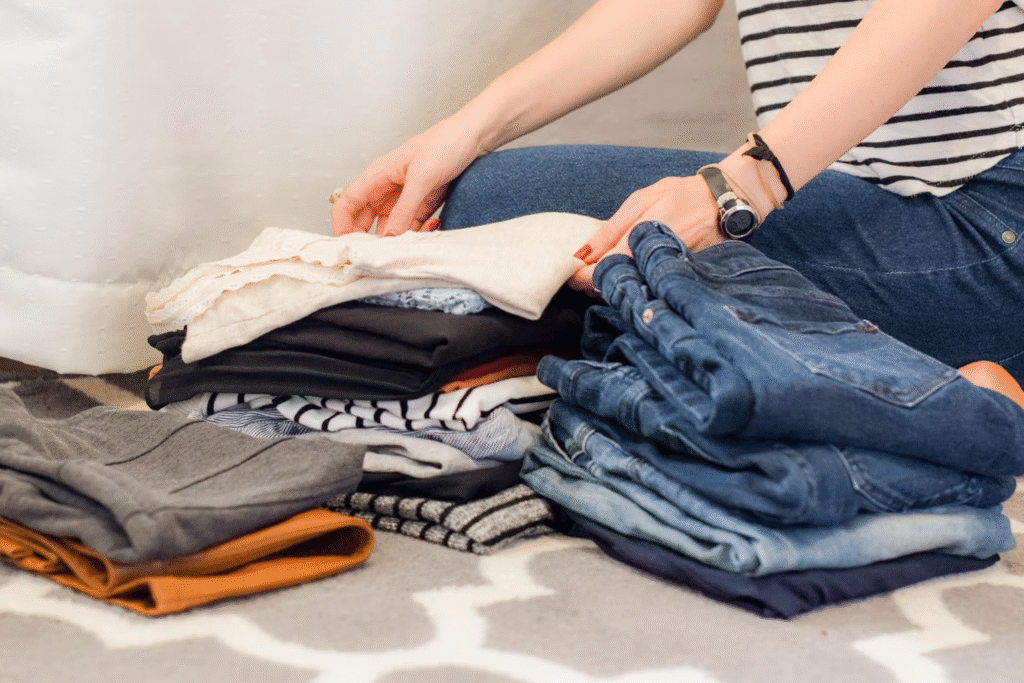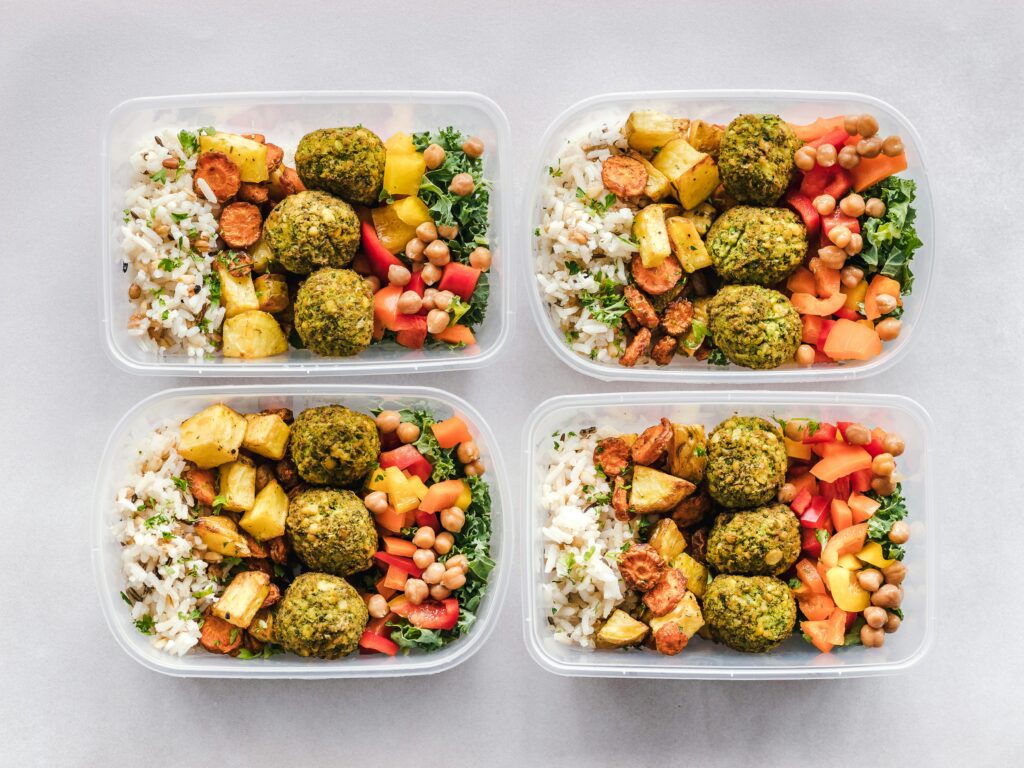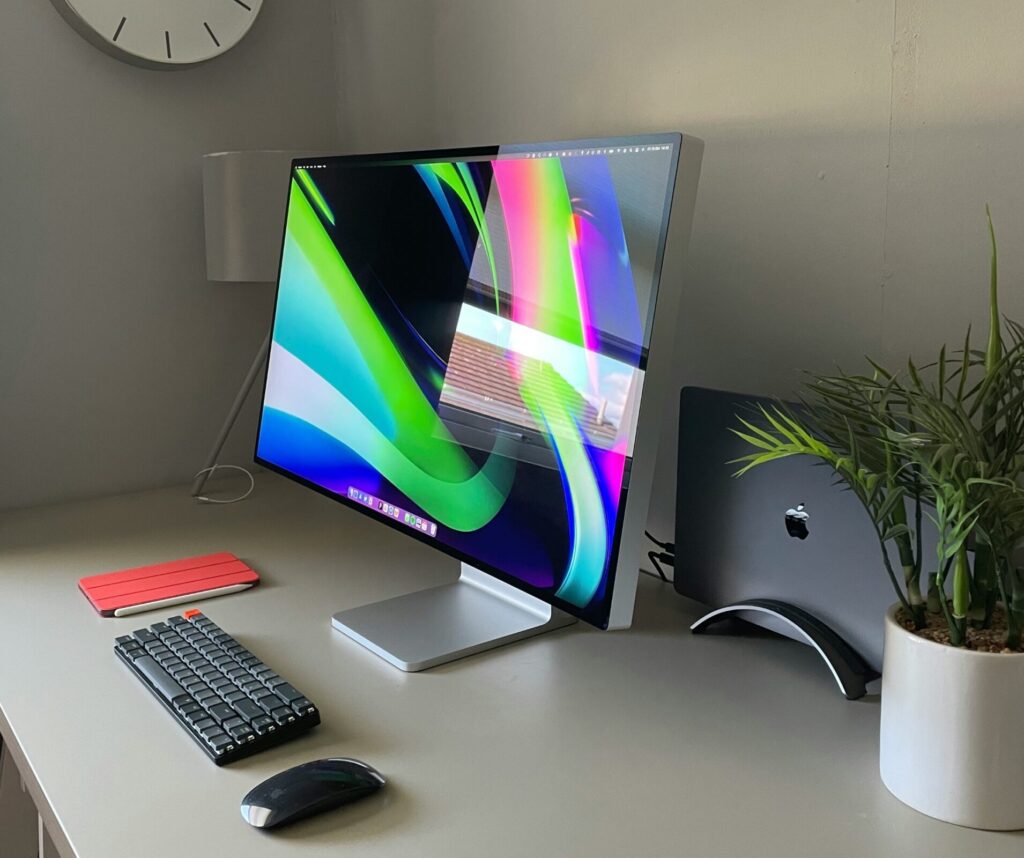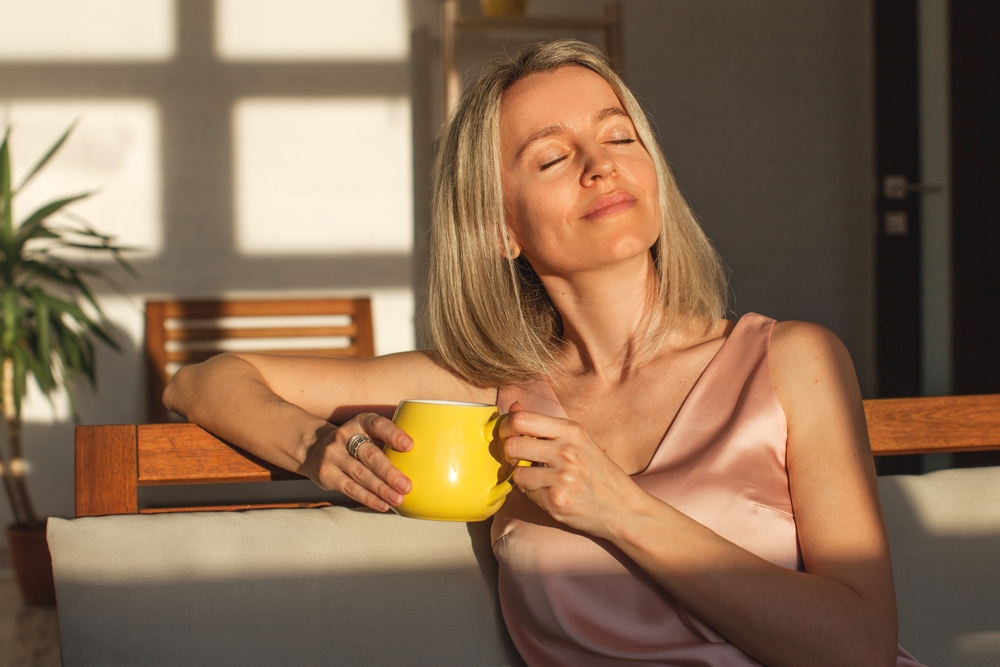Minimalism is more than just a trend or aesthetic preference. It is a lifestyle choice centered around simplicity, intentionality, and the elimination of excess. People who embrace minimalism often report feeling more focused, less stressed, and more fulfilled. They prioritize clarity and purpose in all areas of life. Here are ten habits that minimalist individuals commonly practice to declutter their lives and maintain a sense of peace and balance.
1. Regularly Evaluate Their Possessions

Minimalist people routinely assess their belongings to determine what adds value to their lives and what does not. This does not only apply to clothes or gadgets but to everything they own. Instead of waiting for an annual spring cleaning, they make decluttering a continuous process. They ask themselves questions like “Do I use this?” or “Does this item bring me joy or serve a real purpose?” If the answer is no, the item is donated, sold, or recycled. This approach helps avoid the buildup of unnecessary items and keeps their spaces free from clutter.
2. Follow the One-In, One-Out Rule

To prevent accumulation of excess possessions, minimalists often adhere to the one-in, one-out principle. This rule means that for every new item brought into the home, one existing item must be removed. This strategy ensures that their homes stay organized and helps them think twice before making new purchases. It also reinforces mindful consumption. For example, buying a new pair of shoes means donating or discarding an old pair that is no longer worn or needed. This habit creates a natural limit on how much stuff they own.
3. Prioritize Quality Over Quantity

Minimalist individuals prefer to own fewer but better-quality items. Rather than buying many inexpensive or trendy items that wear out quickly, they invest in well-made products that last longer and perform better. This applies to clothing, furniture, appliances, and even digital tools. Choosing quality over quantity reduces the frequency of replacements, saves money in the long term, and contributes to less waste. It also simplifies decision-making and reduces visual clutter in their environments.
4. Keep Digital Spaces Clean

Minimalism is not confined to physical belongings. Digital clutter can be just as overwhelming and distracting. Minimalists regularly declutter their phones, computers, and online accounts. They delete unused apps, unsubscribe from irrelevant newsletters, and organize files and folders. Many also minimize their use of social media to avoid information overload and preserve mental clarity. Keeping digital spaces tidy helps maintain focus, reduces stress, and improves productivity. It also aligns with the minimalist value of intentional living.
5. Embrace Simple Routines

Minimalist people often develop streamlined routines that reduce decision fatigue and improve daily efficiency. Whether it is a morning ritual, a meal planning system, or a capsule wardrobe, their routines are designed to simplify choices and create more time for meaningful activities. These habits support consistency and lower stress. For instance, a minimalist might own only a few versatile clothing items, making it easy to get dressed each day without overthinking. Similarly, they may prepare meals in advance to avoid the chaos of last-minute decisions.
6. Say No to Excess Commitments

Time is one of the most valuable resources, and minimalists guard it carefully. They are selective about how they spend their time and whom they spend it with. Rather than overloading their schedules with activities and obligations, they prioritize what truly matters to them. This means saying no to invitations or tasks that do not align with their values or goals. This approach not only prevents burnout but also allows them to focus on deeper, more fulfilling relationships and experiences. It is a conscious effort to maintain balance and mental space.
7. Practice Mindful Consumption

Minimalist individuals make thoughtful decisions about what they buy, consume, and bring into their lives. They avoid impulse purchases by taking time to consider whether they really need an item. Often, they use a waiting period method, such as writing an item on a list and waiting 30 days before buying it. If they still want it after that period, they consider the purchase more carefully. This practice reduces wasteful spending and helps them avoid accumulating things that do not add lasting value. It also encourages environmental responsibility by reducing unnecessary consumption.
Read More: 6 Things You Should Never Keep in Your Kitchen Cabinets
8. Let Go of Sentimental Clutter

While it is natural to hold onto objects that remind us of special memories, minimalists understand that sentimentality can become a source of clutter. They approach emotional items with care and reflection. Instead of keeping everything, they choose a few meaningful pieces that represent their memories without overwhelming their space. For example, rather than holding onto an entire box of childhood mementos, they might keep one item that carries the most significance. Others might photograph sentimental items before letting them go. This helps preserve the emotional connection without retaining unnecessary physical objects.
9. Focus on Experiences Over Things

Minimalists tend to value experiences more than material possessions. They recognize that lasting happiness often comes from meaningful moments, not objects. As a result, they prioritize travel, time with loved ones, learning new skills, or enjoying nature. They invest in experiences that enrich their lives rather than accumulating things that can quickly lose their appeal. This mindset also fosters gratitude and a deeper appreciation for life. Experiences create memories and stories that become part of a person’s identity, unlike physical objects that can easily be forgotten or discarded.
10. Create Intentional Spaces

Minimalist individuals take great care in designing their environments to reflect clarity and calm. They intentionally organize their homes and workspaces to reduce distractions and increase functionality. Each item in their space typically serves a specific purpose or brings joy. Their decor is often simple, with clean lines, neutral colors, and open spaces that encourage relaxation and focus. By eliminating visual noise and unnecessary decor, they create areas that support their mental well-being and productivity. These spaces are not bare or cold, but thoughtfully curated to promote comfort and simplicity.
Read More: 15 Reasons Why The Clutter You Have Could Be Holding You Back
Conclusion

Minimalism is not about living with the least amount of things possible. It is about living with intention, choosing what matters most, and eliminating what does not serve a meaningful purpose. The habits minimalist people practice regularly, from simplifying their possessions to curating their commitments, help create a life that is more peaceful, focused, and aligned with their values. By adopting even a few of these habits, anyone can begin to experience the benefits of a decluttered life. It is not a one-time project but an ongoing journey of thoughtful decisions and mindful living.
Disclaimer: This article was created with AI assistance and edited by a human for accuracy and clarity.

